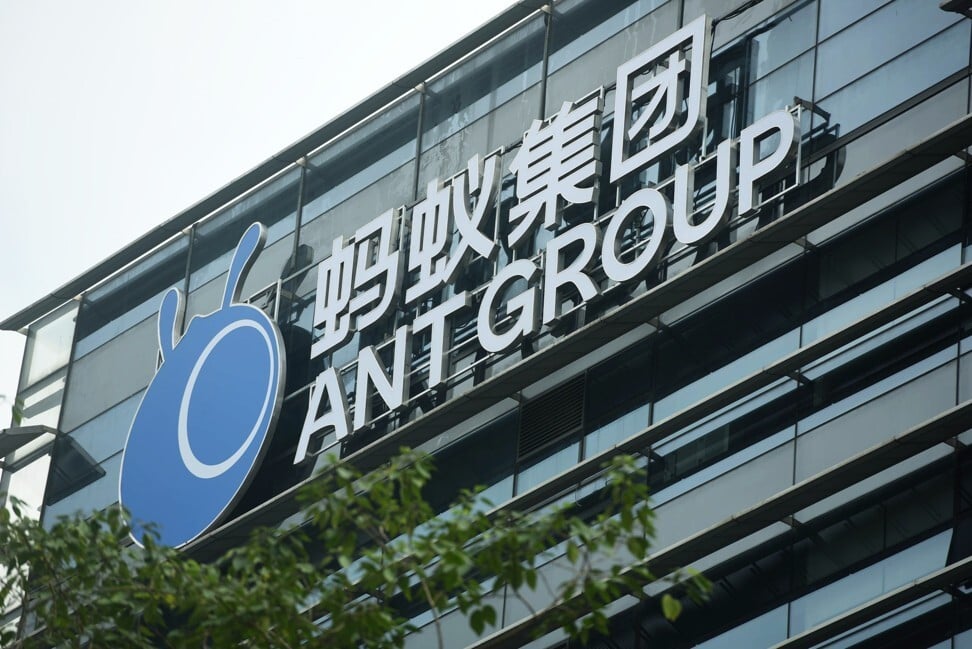
ByteDance and McDonald’s are thriving in post Covid-19 China by riding e-commerce boom, says private-equity backer Carlyle
- ByteDance’s e-commerce push will grow faster than China’s broader e-commerce industry, Carlyle Group’s Nina Gong says
- Carlyle-backed JD Logistics, ANE, Spark Education, Adicon and Abbisko Therapeutics are heading towards listings in New York or Hong Kong this year: sources
Carlyle Group’s Nina Gong sat through five-hour conference calls in January last year with panicking chief executives (CEOs) as the first coronavirus lockdowns decimated sales figures globally. Fast-forward to the present – and the world’s second-largest private-equity firm is reaping profits as China’s economy rebounds from the impact of the pandemic.
“2021 we see as another great year for exits. The valuations are high and the market is open for IPOs,” Gong, Carlyle’s head of retail and consumer deals in China, said during an interview with the Post. Globally, Carlyle sold US$6.4 billion worth of assets in the first quarter.

10:19
China’s e-commerce and live-streaming booms are opportunities for private equity, Carlyle Group says
Chinese retailers are also benefiting from US-China trade tensions, which are prompting more Chinese consumers to buy local.
“The sense of nationalism and a preference for local designers is at an all-time high,” said Gong. Carlyle has invested more than US$2 billion in China’s consumer sector since 2000.
US and European retailers are keen to get in on the action, but are wary of stiff local competition and political pitfalls. Retail giants Nike and H&M faced a backlash in China this year after expressing concern over alleged Uygur exploitation in cotton fields.
It did not always look like a slam dunk. Carlyle’s senior executives were stunned as they tracked the coronavirus outbreak back in January last year.
“Logistics volumes in the portfolio fell to zero and stayed there for about three weeks. This was shocking. We’d never seen anything like this,” Jason Thomas, Carlyle’s head of global research, said on a recent call with investors.
Carlyle had to hit pause on some acquisitions. Siewert could not leave Hong Kong to conduct due diligence on Newcastle-headquartered END. The deal did not close until last month.
“It won’t be too long before that is 90 per cent of orders,” said Siewert, a director on the board of McDonald’s China and Hong Kong.
Carlyle used the early experience of executives in China to prepare peers in North America and Europe as the outbreak turned into a pandemic. For one, McDonald’s China CEO, Phyllis Cheung, spoke to other Carlyle-backed managers about how she oversaw the fast-food franchise’s digital overhaul.

Smaller companies in Carlyle’s portfolio reached out to customers over the networks of China’s giant internet platforms, including those of Tencent Holdings, Alibaba Group Holding and ByteDance. Carlyle’s Gong encouraged home furnishings company Luolai Lifestyle Technology, which has about 3,000 stores, to launch an application on Tencent’s mini applications programme, run by its social-media app WeChat.
“This little tool,” recovered 70 per cent of Luolai’s original offline business sales, as of February 2020 said Gong, who led Carlyle’s April 2019 purchase of a 10 per cent stake in the firm. Carlyle saw Shenzhen-listed Luolai’s share price dive to 7.86 yuan by the end of 2019 and then recover to 14.34 yuan as of this month.
Luolai also stabilised sales by creating a task force to sell inventory on Alibaba’s Taobao Live, China’s largest e-commerce live-streaming platform, and via ByteDance’s short-video unit Douyin. Alibaba owns the Post.
Douyin, the Chinese version of viral app TikTok, has set a target of shifting 600 billion yuan (US$92 billion) worth of gross merchandise value over its e-commerce platform, up from 170 billion yuan last year, according to an internal memo cited by Bloomberg on April 16.
“They [ByteDance] are developing their own e-commerce platform and they expect to grow very fast – outgrow[ing] the overall e-commerce sector,” said Gong. Carlyle invested US$150 million in ByteDance in a round of fundraising that pegged the private company’s value at US$180 billion as of December last year.

Still, the economy has regained enough of its poise for financial sponsors to liquidate a host of investments. Carlyle sold shares in China Literature, Microport and Zhongmei last year, a relatively high number of exits.
Venture capitalists have sold about US$26 billion worth of equity in Chinese companies in the year to date, and are on track to equal last year’s tally, which was at least a 10-year high, according to alternative markets data provider Preqin.

Carlyle is currently harvesting from its fund Carlyle Asia Partners IV, which has a 1.9 gross multiple on invested capital (MOIC) ahead of exiting from investments in companies such as McDonald’s China and the same fund that was prevented by regulators from potentially exiting Ant Group during its IPO last year.
“For sure, [we’ll] see more IPOs in China and Hong Kong,” said Gong, who said she was now travelling every week for business on virtually full flights around China.

